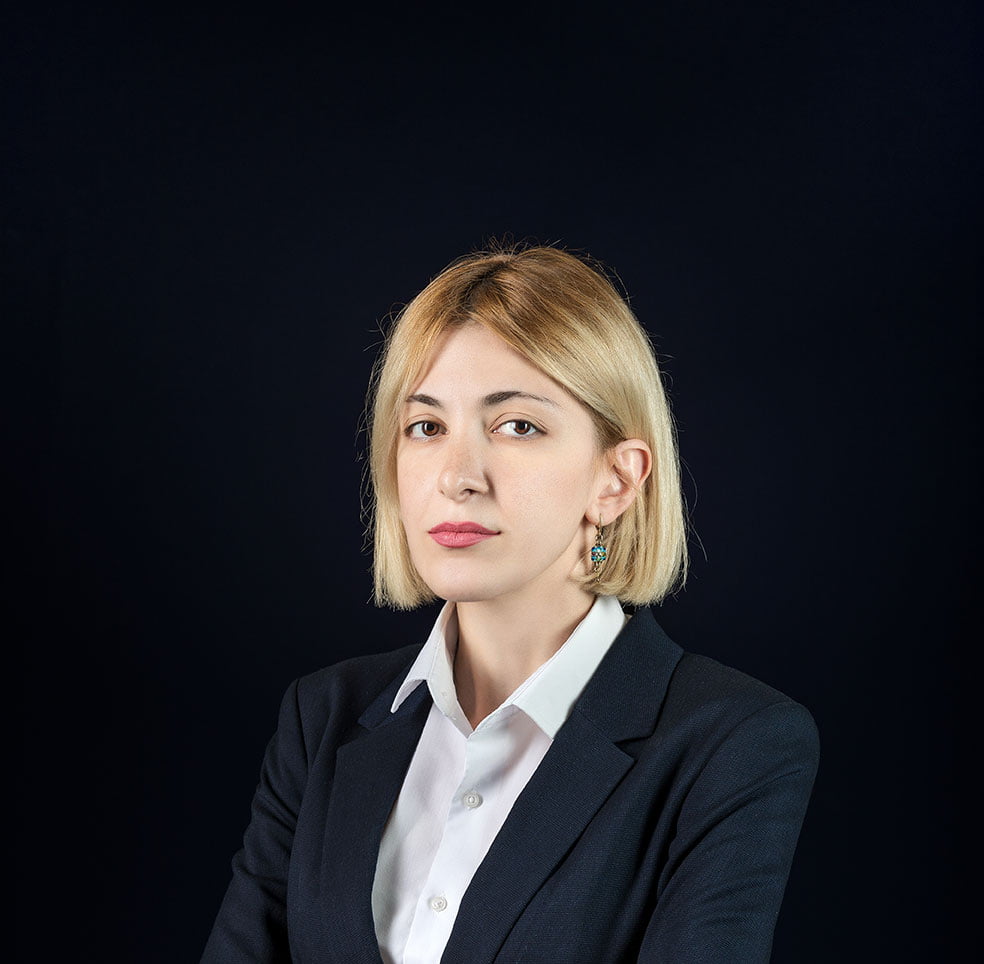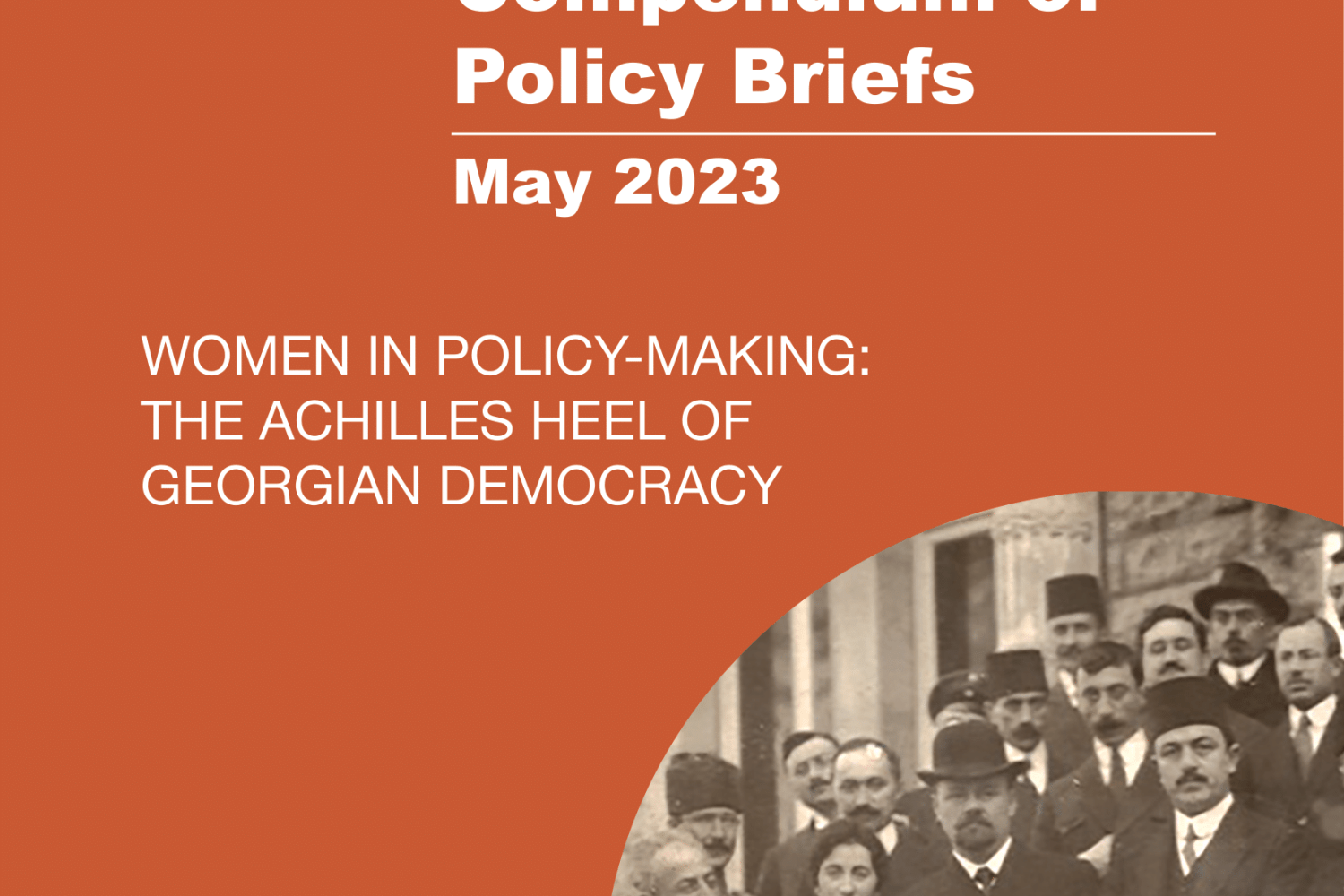2023-05-25 12:53:39
Political processes in Georgia have seemingly entered an impasse in recent years. Political parties are unable to compete ideologically and substantively, nor can they respond appropriately to the specific needs of various segments of Georgian society. One segment which is often overlooked is that of female voters, which constitute 52% of the total electorate.[1] This issue is especially relevant in anticipation of the 2024 parliamentary elections. More than a year remains before these elections, however, it is important for Georgian political parties to make the most of their efforts to offer a solid and issue-oriented agenda to voters and mobilize their support. To properly represent the interests of female voters in the political process, it is vital to work in both directions: to strengthen women’s representation in the political elite and in decision-making, to increase the political involvement of female voters, increase research into their specific needs and to develop response mechanisms to those needs.
Today most voters do not consider any political party to represent their own interests, and trust in political parties in the country has been significantly reduced. One of the main reasons for the prolonged political crisis is exactly this. Therefore, researching the specific needs and interests of voters and discussing them publicly should be one of the main activities of political parties, because usually female voters are much more active and motivated to participate in the political FOREWORD process. According to the recent public opinion polls, women in Georgia are less likely to approve that the country is developing in a right way. They are more critical about the democracy level in Georgia. Also, women have less trust in Georgian political parties.[2] Therefore, focusing specifically on this part of the electorate is an important task for the improvement of the political process in the country.
For the political elite to respond to women’s needs adequately, the role of female politicians and their political activism is crucial. That is why it is important to have active public discussions about strengthening the role of female politicians, the challenges they face, and their empowerment. In this regard, it is also crucial to develop internal democratic structures of political parties to activate the views of female politicians in their own parties and reflect them in party platforms. There is also a need for extensive discussion about how effectively Georgian political parties manage to reach female voters. That is, do they reflect issues important to female voters? This would in turn help parties plan their long-term strategy in the run-up to the election, and specifically during pre-election campaigns. Parliamentary discussions of the “Agents’ Law” in March 2023 demonstrated that the active work of female politicians can make positive changes in the political process. Therefore, the discussion on how to strengthen the role of female MPs in the legal process will significantly contribute to prioritizing the needs of female voters.
The Georgian Institute of Politics is pleased to present a collection of 2023 policy briefs addressing the current and actual political processes, challenges, and prospects in Georgia. We hope that the publication will lead to an interesting discussion in Georgian society. The documents and papers can be used as resources by political parties, as well as civil society representatives, industry experts, the academic community, and other stakeholders involved in the democratic development of our country.
This collection, as well as previous publications, could not be published without the support of important institutions operating in Georgia, including the Embassy of the Switzerland in Georgia. We also express our gratitude to the citizens of Georgia, civil society organizations, and the media for their continuous support of our work, and efforts to develop civil society organizations. Also, we are grateful for their contribution to strengthening the organizational basis of democratic institutions resulting in the development of democratic processes in Georgia.
Compendium of Policy Briefs | May 2023
_____________________________________________







